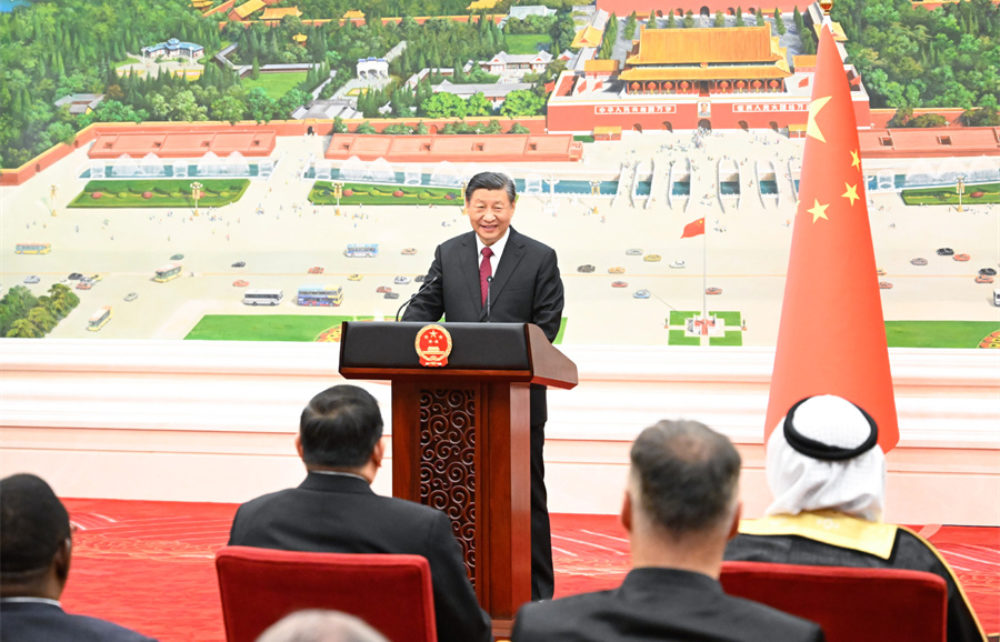Although there were expectations of significant policy changes with the Third Plenum of the Communist Party Central Committee, these were unrealistic and seemed less ambitious compared to the 2013 reform agenda, in spite of having put forward more than 300 measures, according to a report by Standard Bank.
The Plenum, which outlined the long-term economic reform agenda for the next 10 years, conveyed a message of policy continuity and confirmed the authorities’ confidence in the way forward, as well as the emphasis on national security, technological advancement and self-reliance, innovation and productivity, ecological transition and equality, indicating a continued focus on strengthening the relationship between the party-state, society and the economy, with an emphasis on strategic objectives.
Beijing’s objectives are clear, but China’s path to achieving these objectives is less clear, with various inconsistencies and contradictions remaining, and the importance of these objectives remains ambiguous, making the allocation of priorities dependent on economic circumstances, changing the way policy is formulated and implemented, the report outlined.
The Plenum, concluded on 18 July, includes market reforms, intent on improving market functions, with key points including efforts to restrain monopolies, protect property rights, and ensure competitive neutrality, but maintains policymakers’ close control over economic governance, gathering skepticism from the private sector.
New productive forces remain the spearhead, with the goal of creating new comparative advantages, focused on enhancing R&D quality, and education, while remaining unambiguous in the advancement of clean energy, aiming to assert global leadership.
According to Standard Bank, the Plenum also confirms that authorities see boosting domestic demand to involve a complex web of factors, including policies that reduce household expenditure, boost disposable income and improve social welfare, but also those that are pro-labour, supporting higher value-added sectors, traditional manufacturing, and investment.
The Plenum also takes steps to address the financial vulnerability of local administrations, with proposed reforms aimed at rebalancing budgetary responsibilities and revenues between central and local administrations, strengthening local financial autonomy and improving debt management.
Finally, the report adds that the Plenum is not the ideal venue for a short-term economic stimulus and will do little to change the cyclical path, as it does not address persistent issues such as weak consumption, low consumer confidence and the ailing real estate sector.




